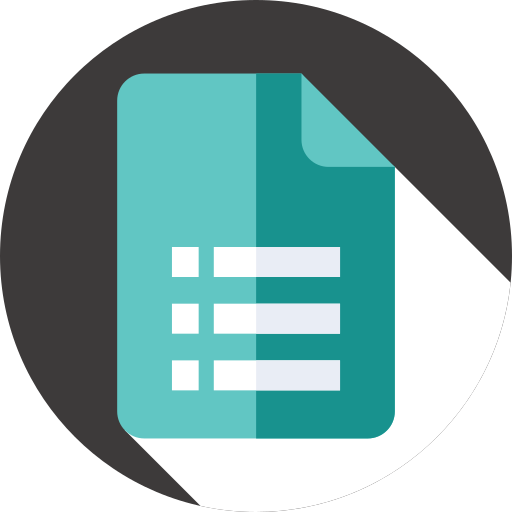AI Limitations Why Certain Jobs Will Always Require a Human Touch
09-Sep-2024
Artificial Intelligence (AI) refers to the technology that enables machines to learn, solve problems, and carry out tasks that typically require human intelligence. From automating routine administrative work to analyzing large data sets and generating insights, AI can perform functions that would either be impossible or extremely time-consuming for humans.
There are various forms of AI applications in use today. One typical example is language-based chatbots, which allow users to enter questions and receive answers. While AI can enhance productivity and assist with a wide range of tasks, it has inherent limitations that make it incapable of fully replicating the nuanced roles humans play in the workforce. In fact, rather than "stealing" jobs, AI technologies such as ChatGPT are better positioned to complement human efforts, freeing up time for more strategic, creative, and emotionally driven work.
In this article, we will explore AI's limitations and why many jobs will always require the uniquely human touch, reinforcing the notion that Why ChatGPT Won’t Steal Your Job is not only accurate but highlights how AI can help you thrive.
1. AI Lacks Physical Presence
While AI can analyze data and complete digital tasks, it doesn’t have a physical form. This means AI is limited when it comes to tasks requiring manual dexterity or physical intervention. Industries like warehouse management and farming can benefit from AI’s ability to create efficient systems and plans, but the execution of those plans still relies on human labor. In short, AI can assist with planning and automation but lacks the physical abilities needed to handle complex, hands-on tasks.
2. AI Cannot Replicate Emotional Intelligence
Emotional intelligence (EQ) is the ability to recognize emotions in oneself and others and respond appropriately. In business and many professions, EQ plays a critical role in communication, leadership, and collaboration. Unfortunately, AI does not possess the capacity to feel or understand emotions, making it unsuited for jobs that require empathy or interpersonal skills, such as teaching, counseling, or managing teams. AI may attempt to mimic human thought processes, but it falls short in handling emotional nuance. While AI can offer logical responses, it doesn’t have the emotional awareness necessary to navigate complex human interactions. This gap highlights one of AI’s significant shortcomings, reinforcing the need for human involvement in emotionally charged or collaborative tasks.
3. AI Has Limited Creative Ability
Though AI can assist in creative processes, such as generating ideas or providing design tools, it lacks the innovation and flexibility of human creativity. AI operates based on the data it has been fed, meaning it cannot think outside the box or draw inspiration from experiences as humans can. While AI might generate a finished product quickly, it cannot iterate or expand upon creative ideas in the same way a human mind can.
However, combining AI’s efficiency with human creativity can lead to exceptional outcomes. The current trend often separates AI from creative endeavors, but there is potential for synergy when humans and machines work together. AI can be a valuable tool in creative industries, but it is no replacement for the evolving and inspired nature of human creativity.
4. Automation Still Requires Human Intervention
Even the most advanced automation tools rely on human input. Whether it’s overseeing operations or correcting mistakes, humans play a critical role in ensuring automated systems function correctly. From robots moving materials in a warehouse to RPA software performing digital tasks, human workers are essential for training, monitoring, and maintaining these systems.
5. Humans and Machines Have Different Strengths
Humans possess qualities that machines cannot replicate, such as intuition, common sense, and moral judgment. While AI may have the capacity to work tirelessly without breaks, its rigid programming limits its decision-making. Humans, on the other hand, can adapt, learn, and make informed choices based on a combination of logic, emotion, and experience.
6. AI Should Complement Human Efforts, Not Replace Them
At its core, AI is designed to enhance human capabilities, not compete with or replace them. By allowing machines to handle repetitive or data-heavy tasks, humans are free to focus on roles that require creativity, emotional intelligence, and strategic thinking. The future of work lies in collaboration, where AI serves as a tool that complements human strengths.
In conclusion, AI and automation can streamline workflows and increase efficiency, but they cannot replace the human touch. As AI technology advances, the collaboration between humans and machines will open up new opportunities. Still, it’s clear that humans will continue to play a vital role in driving innovation and success. So, concluding these are the reasons Why ChatGPT Won’t Steal Your Job.
Recent Posts

Impact of 2024 HCPCS Updates on Healthcare Providers
16-Aug-2024
The 2024 Guide to Employee Motivation
21-Aug-2024
7 Ways to Improve Performance Management at Your Company
23-Aug-2024
Choosing the Best HR Tool for Education: 5 Things You Need to Know
28-Aug-2024
Payroll Records: A Guide to Retention and Disposal
04-Sep-2024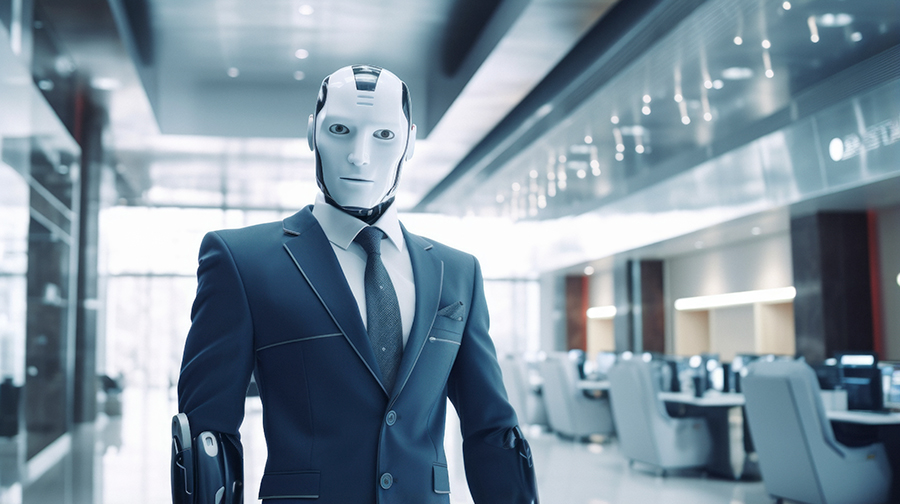
AI Limitations Why Certain Jobs Will Always Require a Human Touch
09-Sep-2024
How the New HIPAA Rules Impact Reproductive Health Care Providers
13-Sep-2024
Best Strategies to Manage Toxic Employees and Boost Team Morale
20-Sep-2024
Top 7 Common Coding Errors That Trigger Audits and How to Prevent Them
26-Sep-2024
How OSHA is Involved in Mandating Protections for Employees
14-Oct-2024
FDA Software Classification Guidance
22-Oct-2024
Stay Ahead of FDA Inspections: Best Practices for Managing Form 483 Citations and Warning Letters
24-Oct-2024
Best Practices to Reduce Validation Effort and Costs
06-Nov-2024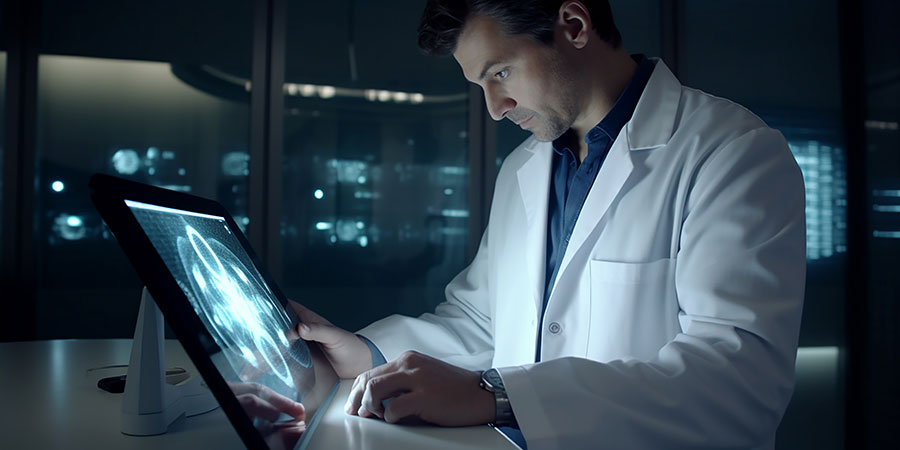
Best Practices for Medical Device Software Validation and Risk Management
14-Nov-2024
Training Strategies to Comply with EEOC New Harassment Standards
14-Nov-2024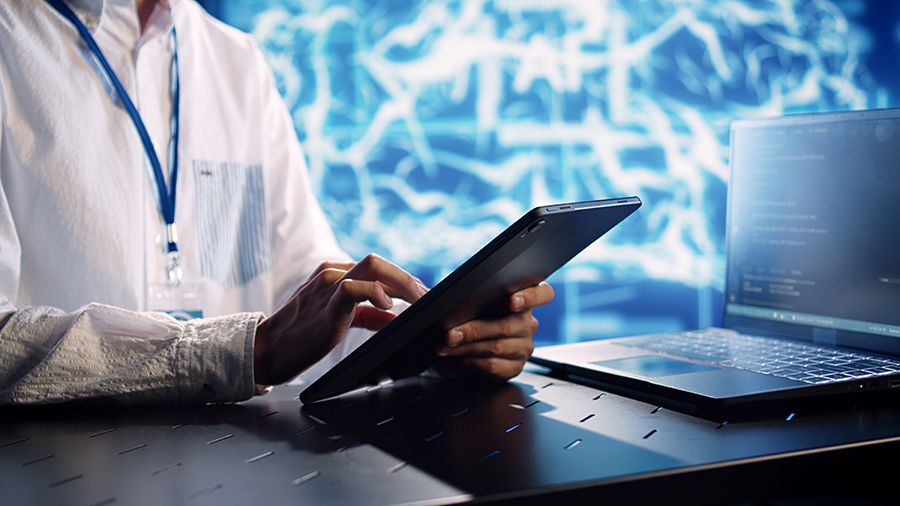
Guideline On Computerized Systems and Electronic Data in Clinical Trials
17-Dec-2024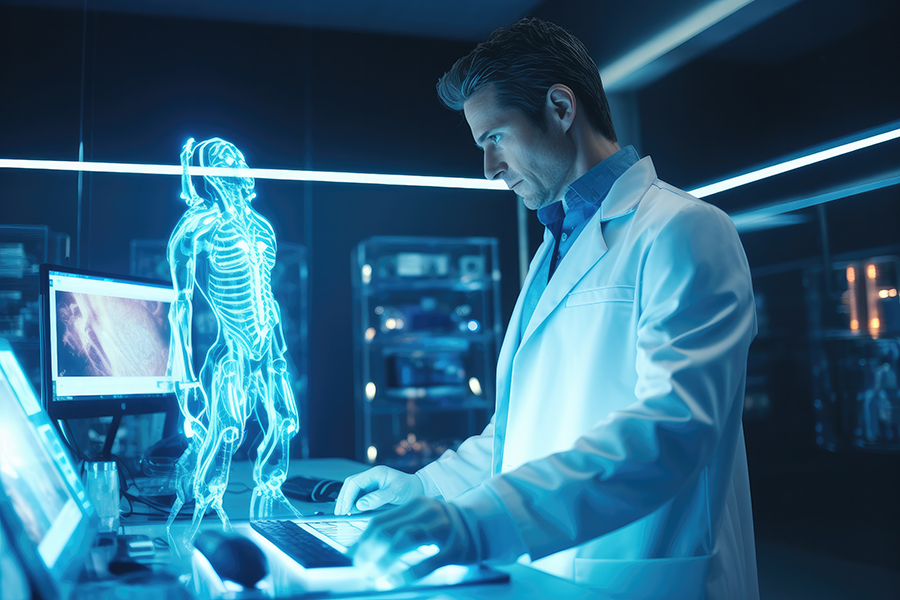
What is Human Factor Engineering in Medical Terms?
17-Dec-2024
What is the Objective of Supervisor Training?
24-Dec-2024


